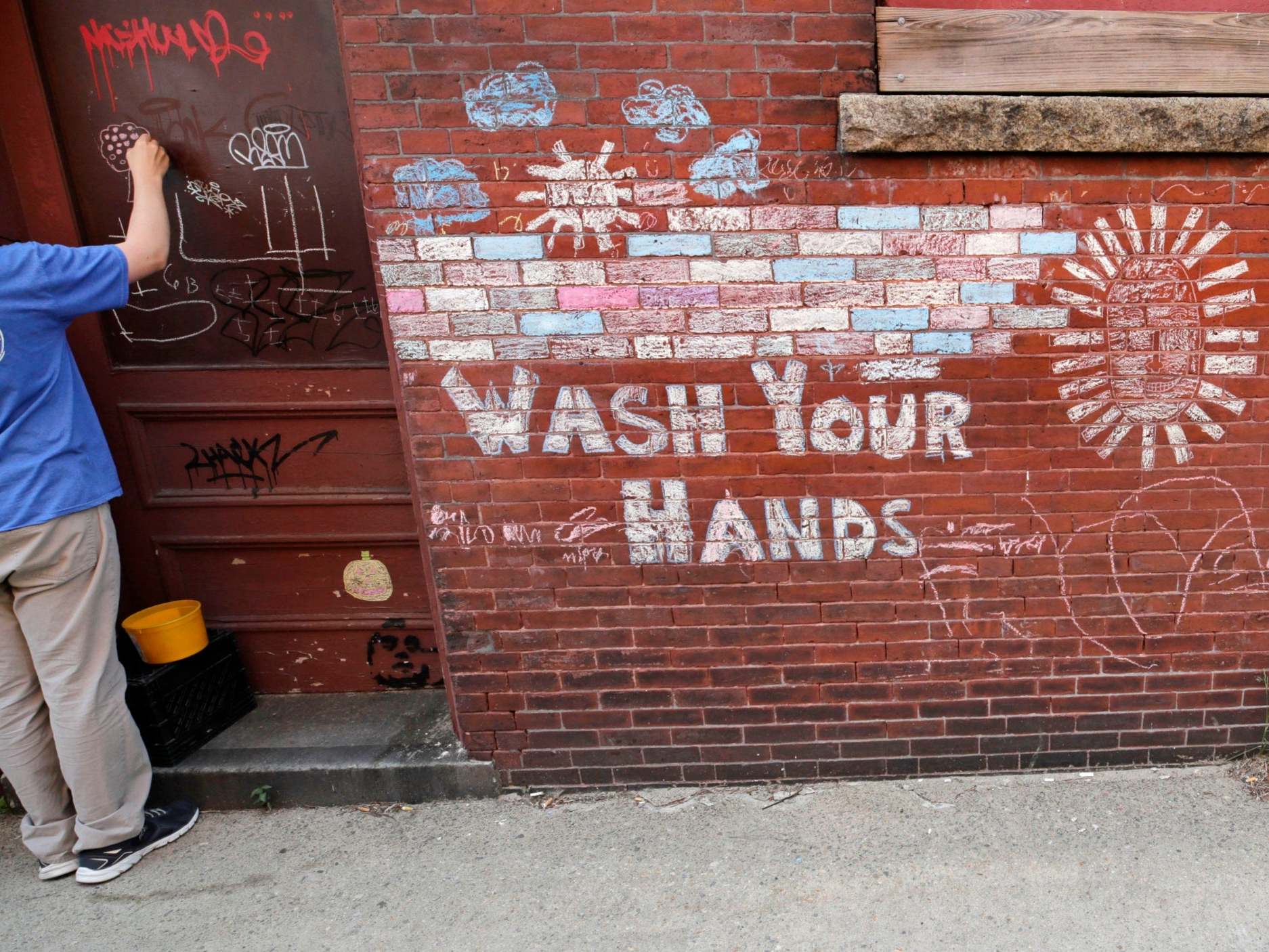People with learning disabilities forgotten during pandemic, charity warns
Mencap raises concerns over social isolation and lack of testing

Your support helps us to tell the story
From reproductive rights to climate change to Big Tech, The Independent is on the ground when the story is developing. Whether it's investigating the financials of Elon Musk's pro-Trump PAC or producing our latest documentary, 'The A Word', which shines a light on the American women fighting for reproductive rights, we know how important it is to parse out the facts from the messaging.
At such a critical moment in US history, we need reporters on the ground. Your donation allows us to keep sending journalists to speak to both sides of the story.
The Independent is trusted by Americans across the entire political spectrum. And unlike many other quality news outlets, we choose not to lock Americans out of our reporting and analysis with paywalls. We believe quality journalism should be available to everyone, paid for by those who can afford it.
Your support makes all the difference.“I was almost ripping my hair out waiting to get out,” says Linda. “I mean it’s not much fun when you’re on your own and no one to talk to because you can’t approach them.”
Linda, who has a learning disability, lives alone in a one-bedroom flat. The 65-year-old is one of thousands of people in the UK who has, in her words, been “stuck to the house like glue” as she self-isolated during the pandemic.
Normally she would have the opportunity to get out and about regularly, with help from staff at Mencap. But that has had to change.
“We’d normally go with Linda and help her do her shopping, but now we’re literally doing it for her,” said Jon Andrews, one of her support workers. “It takes away her independence, but we have to weigh up the safest option.”
A social activity group for people with learning disabilities has also had to be suspended, as have sessions at her local college.
“I was going to the Woking Adult Learning Centre twice a week,” said Linda. “I used to do history, dance, performing arts and pottery. I love it. I miss all that. I really do.”
Linda’s experiences in lockdown is echoed by thousands of others across the country, according to Mencap, which claims people with learning disabilities are being forgotten during the pandemic, despite being one of the groups most affected by the crisis.
The charity is concerned that lockdown has exacerbated existing challenges and inequalities after data from the Care Quality Commission has already shown a 134 per cent increase in deaths of people with learning disability in care settings, and NHS England statistics revealed that one in 50 Covid-19 deaths are of people with a learning disability.
While the government has committed scaling up coronavirus testing to cover all care homes, over half of the social care budget goes to working age disabled adults who often receive support in their own homes or in supported living services.
Mencap says this will mean many people with learning disabilities are not prioritised for testing.
The charity’s chief executive, Edel Harris, said social isolation is also a worry. “Loss of routine with day services and colleges closed, difficulties keeping active and staying in touch with family and friends means that people with a learning disability are facing unprecedented levels of loneliness,” she said.
“In some cases, support workers are the only contact some of the people we support have.”
While Linda is returning to her job in a supermarket this week she is somewhat anxious about it.
“It’s going to be really strange to be back at work. It’ll be nice to see everyone, but they won’t be able to hug me – that’s the trouble.”
She also said she was worried about whether she would be able to see her family at Christmas as she normally does.
“I just want the virus dead and gone. I want my life back. It’s just not the same anymore. I’d rather get out and about.”
Join our commenting forum
Join thought-provoking conversations, follow other Independent readers and see their replies
Comments